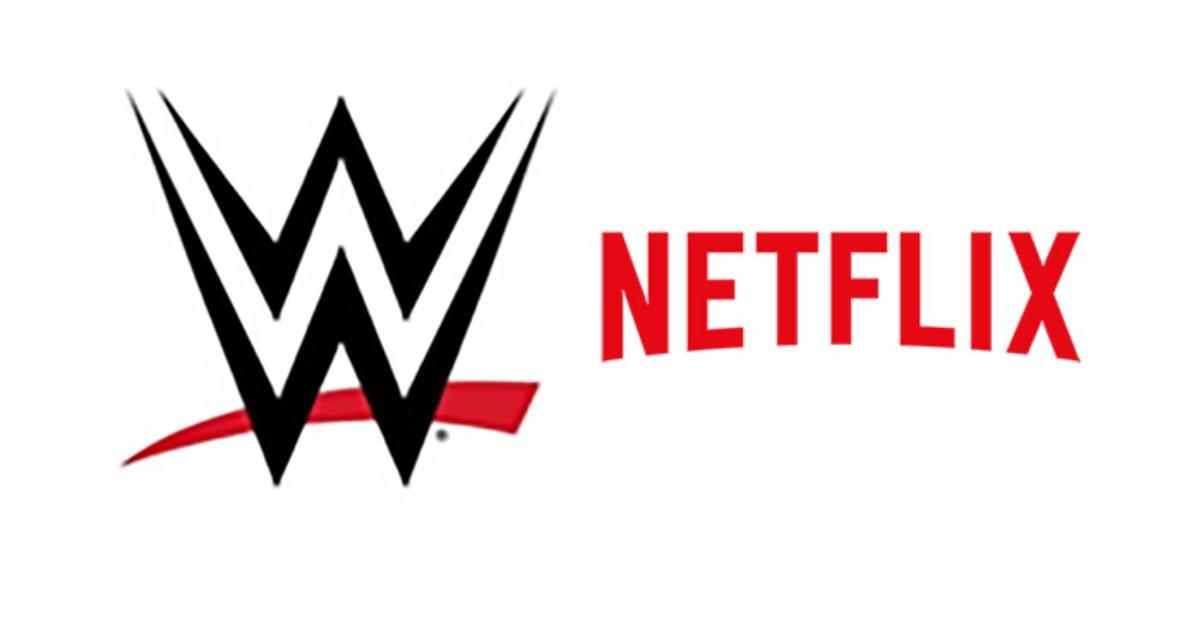Streaming Viewership Surpasses Cable TV According to Nielsen Report
July 2022 marked the first time in Nielsen's recorded history that streaming viewership outstripped cable TV viewership, representing 34.8% of all recorded viewing, compared to 34.4% for cable. Around 21% of content was viewed via broadcast TV, with "other" representing 9%. Streaming took its marketshare fairly equally from both broadcast TV (which has dropped by 10% since July 2021) and cable (dropping 9% in the same time).
This may not be a surprise to pop culture omnivores, who tend to watch broadcast or cable primarily for live "event" TV and use streaming for just about everything else, but it certainly matters to advertisers, and to networks and studios who rely on advertising revenue. Nielsen reported that the total time spent watching TV in July was fairly close to recorded numbers in June 2022 and July 2021, despite the market share shift.
This isn't likely to be a singular moment that changes things for good, though. Ratings for traditional TV will likely bounce back with the start of the NFL season. June had the NBA Finals, which kept people glued to cable, but in July, the biggest live sport was Major League Baseball, which is in the middle of its long season, and which can be viewed on broadcast, cable, VOD, and streaming, so it's less of a monolith.
There's also something to be said for the way streaming numbers are starting to settle in. Prime Video, Netflix, Hulu, and YouTube each captured record-high shares in July -- something that they also accomplished in June. Netflix still leads the streaming pack, with huge numbers for Stranger Things boosting their overall footprint last month.
This comes at an interesting moment in the TV landscape, with Warner Bros. Discovery and Paramount bailing out of broadcast network The CW in favor of developing their own platforms, while more and more streamers are adding ad-supported pricing tiers, hoping to poach some advertisers from more traditional TV. Netflix, the largest name in streaming, is launching their own ad-supported subscription soon, and all of that is complicated by HBO Max, which had been on the rise for the last year or more, seemingly being sabotaged from within Warner Bros. Discovery.




